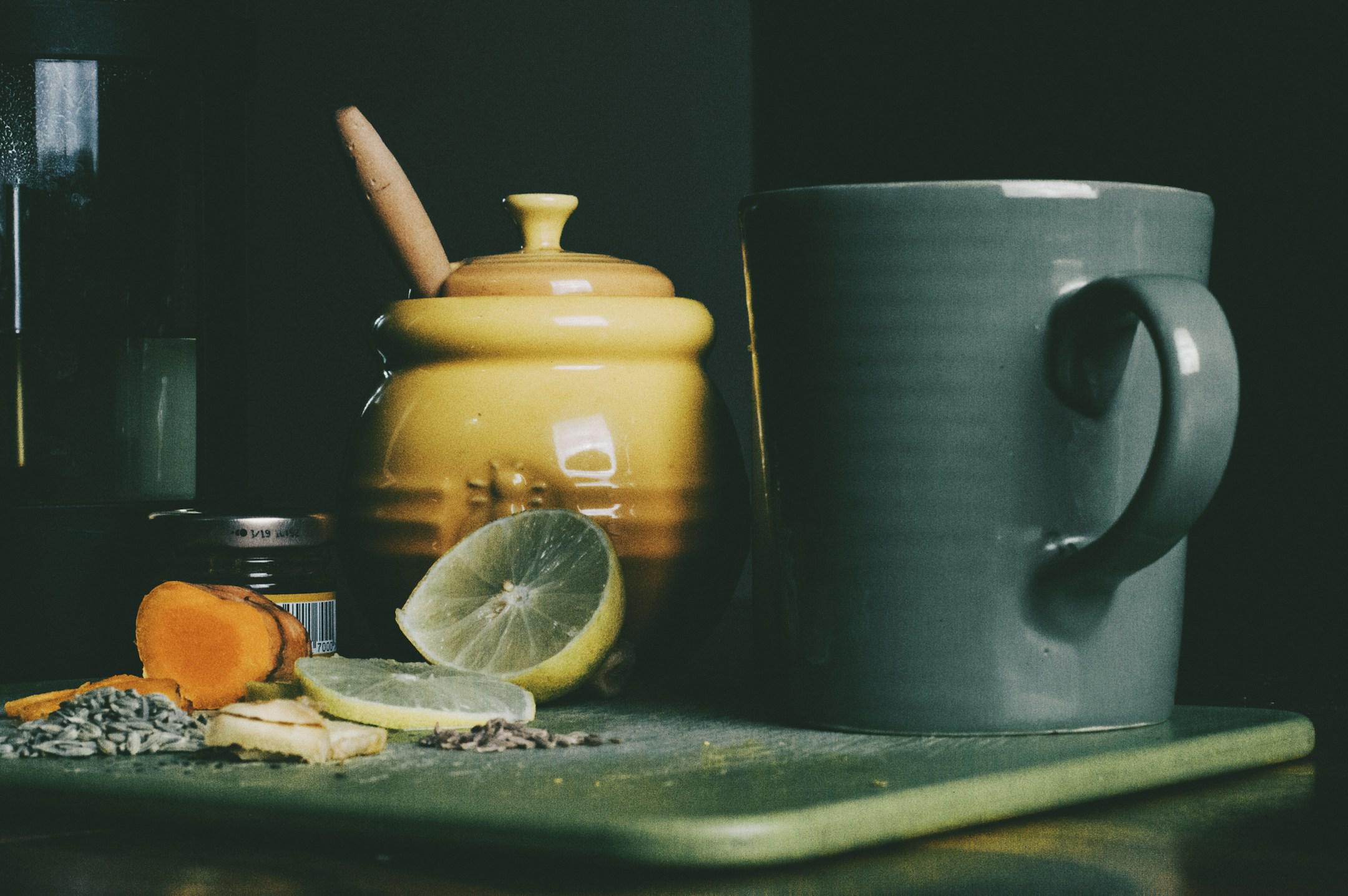
Sexually transmitted diseases (STDs) are a challenging public health issue. Despite the development of effective medical interventions, misconceptions around STD treatments still circulate, leading to the popularity of home remedies. In this article, we will enlighten health-conscious readers by debunking myths about home STD treatments and underlining the importance of professional medical care.
With the increasing access to online information, individuals are prone to seeking alternative treatments for various health concerns, including STDs. Despite the well-established medical protocols, myths about the effectiveness of home remedies persist. The spread of these misconceptions can lead to dire consequences, including the delay of proper treatment and the unknowing spread of infections.
Tea tree oil is celebrated for its antifungal and antibacterial properties. However, applying it to genital warts or herpes can lead to severe skin irritation and may delay appropriate medical intervention. Furthermore, using undiluted tea tree oil can burn sensitive genital skin.
Garlic is believed to have antimicrobial properties and is occasionally recommended for treating yeast infections and bacterial vaginosis. Unfortunately, there is little to no scientific evidence supporting these claims. Inserting a garlic clove into the vagina can cause more harm by introducing foreign bacteria and damaging the vaginal walls.
Hydrogen peroxide is a common household disinfectant, and some suggest using it to clean the genital area in the case of an STD. This practice is ineffective and damaging. Hydrogen peroxide can kill both bad and good bacteria, leading to an imbalance in the vaginal flora and potentially causing further complications.
The use of plain, sugar-free yogurt to treat yeast infections and bacterial vaginosis is a well-known home remedy. While this practice may provide some relief by rebalancing the vaginal flora, it cannot cure the infection. Delaying professional treatment may result in the progression of the infection and its associated symptoms.
Apple cider vinegar (ACV) has been suggested as a topical treatment for genital warts. The high acidity of ACV can cause significant discomfort and is likely to exacerbate skin irritation. Additionally, using ACV may delay the application of effective treatments, which are typically administered by healthcare professionals.
Engaging in home STD treatment can lead to a delay in seeking professional medical care. This delay can allow the infection to progress, leading to more severe symptoms and potential complications. For example, untreated chlamydia and gonorrhea can cause pelvic inflammatory disease in women, which may result in infertility.
Home remedies are not designed to manage STDs and can cause significant harm. They risk spreading infections, such as herpes or HIV, and can lead to secondary complications, including infertility, increased susceptibility to other STDs, and chronic health issues associated with untreated pathogens.
Myth-busting is essential in the context of health, particularly when it comes to managing STDs. By refuting common misconceptions about home treatments, this post sheds light on the risks involved and emphasizes the importance of professional medical care. It's our responsibility to separate facts from myths and advocate for evidence-based practices to ensure the well-being of individuals and communities.
When it comes to dealing with STDs, swift and appropriate medical care is the safest approach. It's crucial to steer clear of unverified home treatments and instead, prioritize consulting with healthcare providers who can guide you through a treatment plan tailored to your specific needs. Remember, when in doubt, always choose the path of verified medical science.
If you suspect that you have an STD, it's important to seek out medical care without delay. Visit<a href="https://www.goodmds.com/"> GoodMDs for fast, easy, safe, private doctor visits and treatment online. Your health and the health of your partners depend on making informed choices and taking responsible actions. Get in touch with us today.
Stay updated on our news and events! Sign up to receive our newsletter.